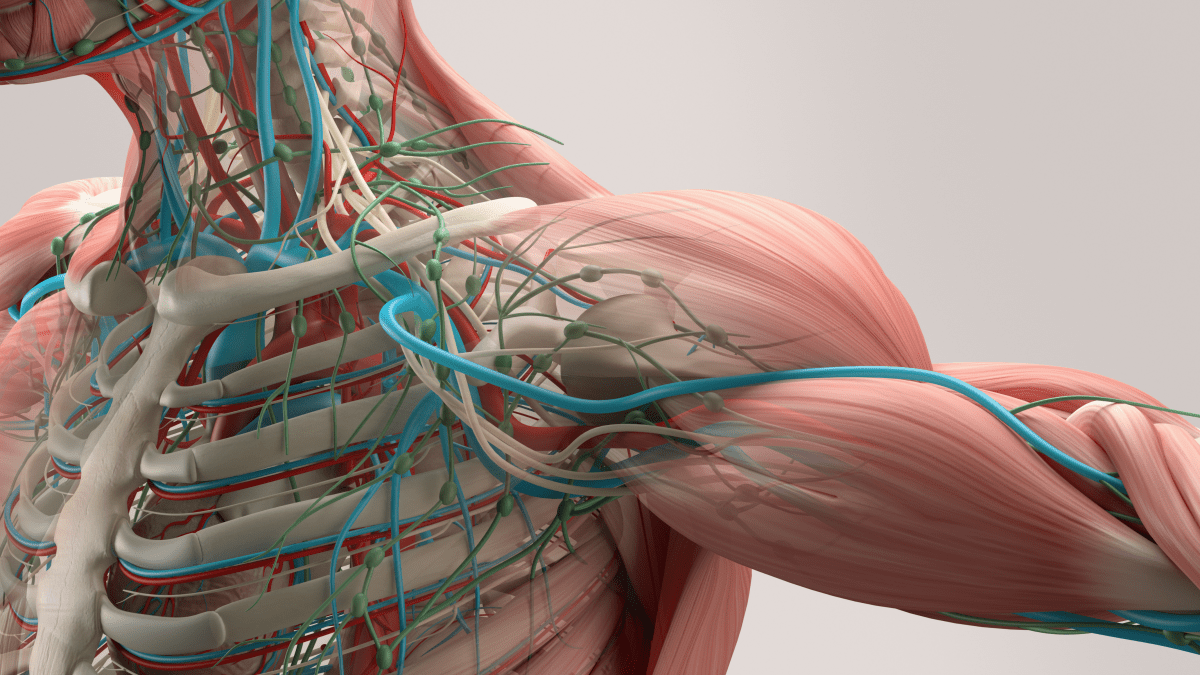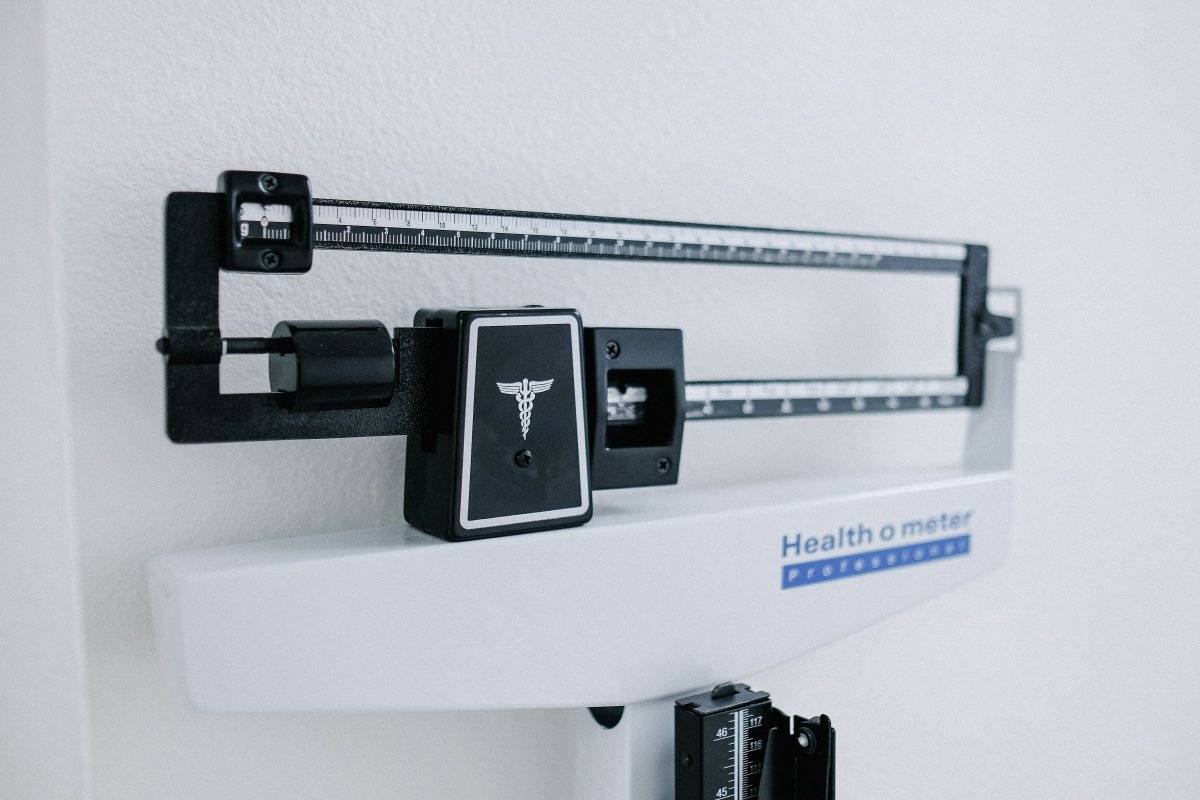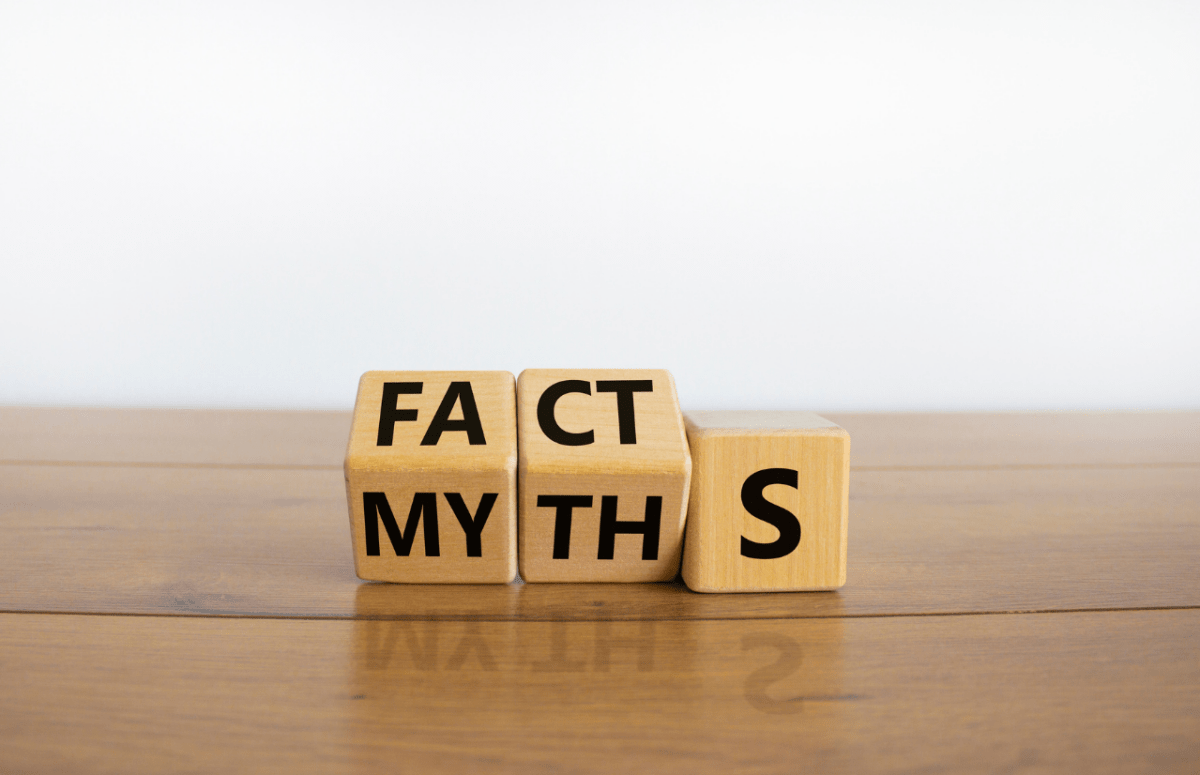While various medications have been known to cause muscle aches, Glucagon-like peptide 1 (GLP-1) agonists have not been commonly associated with this side effect in medical literature.
GLP-1 agonists, such as tirzepatide and semaglutide, are highly effective in promoting weight loss. Both medications are approved for treating obesity or overweight individuals with at least one weight-related comorbidity. Despite the occurrence of some adverse events, these drugs are generally well-tolerated, with gastrointestinal side effects being the most common. Interestingly, semaglutide tends to cause fewer gastrointestinal side effects compared to other GLP-1 agonists.
Investigating the Unknown: Can GLP-1 Agonists Cause Muscle Aches?
One potential cause of muscle aches is a condition called rhabdomyolysis.
Rhabdomyolysis involves the breakdown of muscle tissue and presents with symptoms like muscle pain, weakness, and tea-colored urine. However, up to 50% of patients may remain asymptomatic. This condition carries a global mortality rate of approximately 8% and is characterized by significantly elevated creatine kinase (CK) levels, often rising to five times the normal upper limit or higher. However, it is unlikely to be associated with GLP-1 agonists.





Share:
Beyond BMI: The New Era of Body Fat Percentage in Defining Obesity
Real-World Study: Mounjaro Outshines Ozempic in Weight Loss